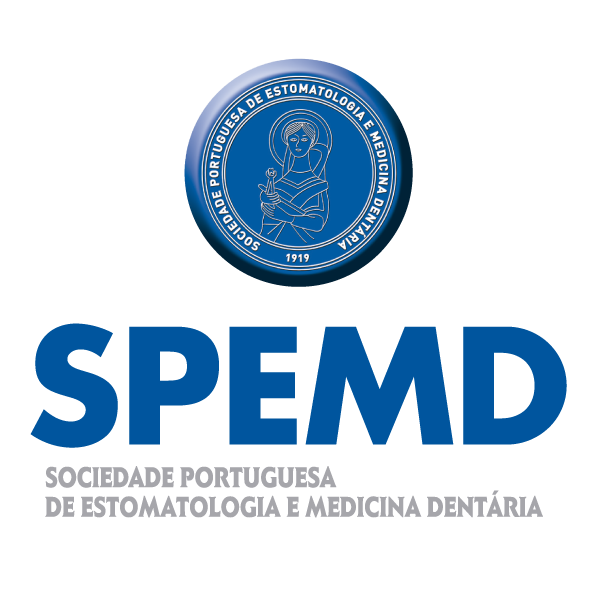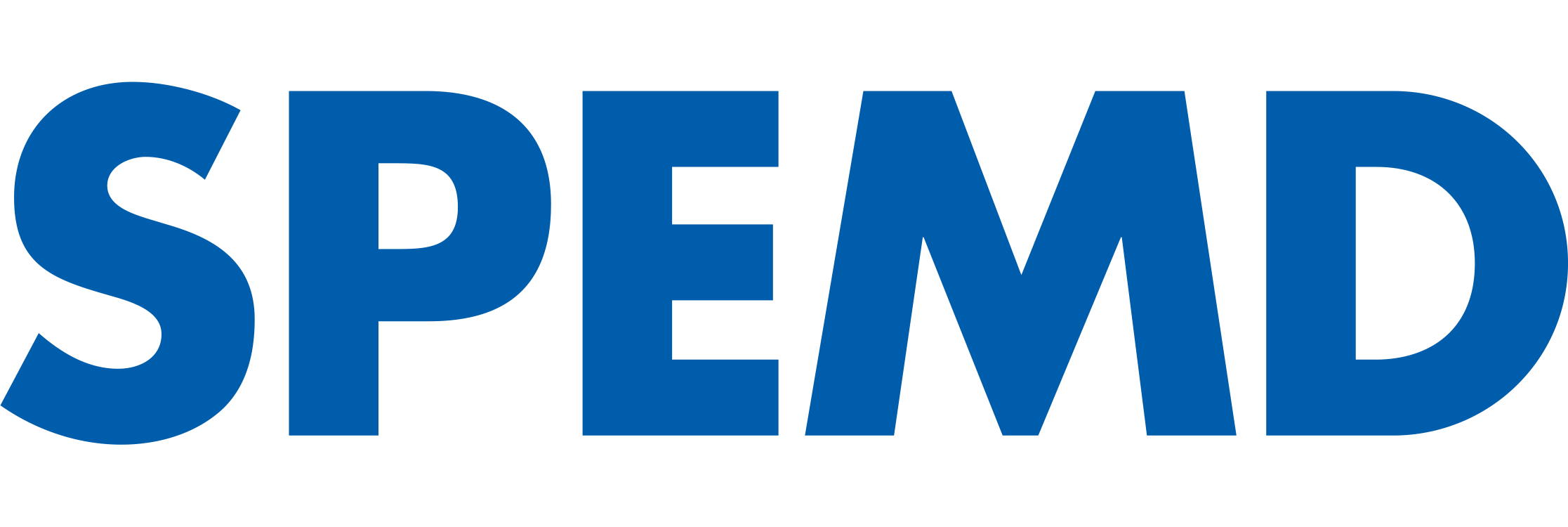
Revista Portuguesa de Estomatologia, Medicina Dentária e Cirurgia Maxilofacial
SPEMD - Revista Portuguesa de Estomatologia Medicina Dentária e Cirurgia Maxilofacial | 2025 | 66 (2) | 49-50
Editorial
Insights into Volume 66, Issue 2, 2025 of the Portuguese Journal of Stomatology, Dental Medicine and Maxillofacial Surgery
a Associate Editor
b Editor-in-Chief
Jorge N.R. Martins - jnrmartins@edu.ulisboa.pt
Jaime Portugal - jaimeportugal@edu.ulisboa.pt
Article Info
Rev Port Estomatol Med Dent Cir Maxilofac
Volume - 66
Issue - 2
Editorial
Pages - 49-50
Go to Volume
Article History
Received on 29/06/2025
Accepted on 29/06/2025
Available Online on 29/06/2025
Keywords
Editorial
�
Insights into Volume 66, Issue 2, 2025 of the Portuguese Journal of Stomatology, Dental Medicine and Maxillofacial Surgery
Introdu��o ao N�mero 2 do Volume 66 de 2025 da Revista Portuguesa de Estomatologia, Medicina Dent�ria e Cirurgia Maxilofacial
�
Jorge N.R. Martins1,* 0000-0002-6932-2038
Jaime Portugal2,* 0000-0001-5058-6554
1 Associate Editor
2 Editor-in-Chief
�
�
Article history:
Received 30 August 2025
Accepted 31 August 2025
Available online 31 August 2025
�
We welcome our readers to Volume 66, Issue 2, of the Portuguese Journal of Stomatology, Dental Medicine and Maxillofacial Surgery (Revista Portuguesa de Estomatologia, Medicina Dent�ria e Cirurgia Maxilofacial). As we reach the midpoint of 2025, it is an appropriate time to reflect on the journal�s recent trajectory. Over the 2021�2024 four-year period, the journal saw a growth in its CiteScore, increasing from 0.3 (in 2020) to 0.9 (in 2024). While the journal remains within the Q4 quartile, it benefits from multiple indexations and is steadily consolidating its visibility and relevance in the international scientific landscape. As part of our strategic efforts, we have reduced the number of published articles from 43 (in 2021) to 32 (in 2023 and 2024) per year. This editorial policy aims to prioritize scientific rigor and potential impact, a goal that has been achieved, considering the number of citations over a four-year period has tripled, from 38 (2017-2020) to 119 (2021-2024). These are still modest results, but they represent meaningful progress and validate the commitment of the editorial board to enhancing the quality and influence of the studies we publish. Encouraging as they are, these results set the stage for even greater ambitions in the years ahead.
In the present issue, we are pleased to introduce a selection of original research and clinical reports that reflect both methodological robustness and clinical relevance. The article �Factors associated with the prevalence of apical periodontitis: An observational study�1 investigates over 9,000 teeth and identifies a clear relationship between the presence of apical periodontitis and inadequate endodontic treatment, also highlighting the roles of caries, defective restorations, and retained roots. Complementing this, the in vitro study �Intraoral stereoradiography visualization with virtual reality: peri-implant bone level estimation accuracy � An in vitro study�2 demonstrates that stereoscopic imaging, even with minimal angular disparity, significantly improves the precision of peri-implant bone measurements compared to traditional 2D radiography, with promising implications for future diagnostic protocols. Another study, �Mapping tooth number anomalies: a radiographic cross-sectional study in pediatric dentistry,�3 explores a pediatric population and finds that 10.8% have tooth number anomalies, most frequently agenesis of mandibular second premolars, reinforcing the importance of early identification for both clinical and forensic settings.
Among the clinical reports, the article �Nonsurgical endodontic treatment of misdiagnosed odontogenic cutaneous sinus tracts: Two case reports�4 presents two cases where na initial misdiagnosis led to unnecessary surgical interventions, until proper dental assessment revealed the endodontic origin, successfully treated through conservative root canal ther apy. In �Effect of diode laser frenectomy on tongue anatomy and function � Clinical cases,�5 two pediatric patients underwent laser frenectomy and were then evaluated using the Marchesan Protocol, with results showing improved tongue motricity but highlighting the need for complementary speech therapy to address complex phonetic changes. The article �Occlusive denture for the management of medication-related osteonecrosis of the jaw with oronasal communication:
A case report�6 details the use of a soft-liner occlusive denture in an elderly patient with medication-related osteonecrosis of the jaw, demonstrating functional and healing benefits in the absence of invasive alternatives. Finally, �Nonsurgical management of odontogenic maxillary sinusitis � two case reports�7 showcases how accurate diagnosis and conservative endodontic retreatment can resolve a maxillary sinus inflammation previously mistaken for primary sinus pathology, with successful outcomes confirmed via conebeam computed tomography follow-up.
As we conclude this editorial, we take this opportunity to remind our readers that the Portuguese Journal of Stomatology, Dental Medicine and Maxillofacial Surgery remains the only indexed Portuguese journal dedicated to the field of dentistry. We encourage clinicians, researchers, and academics to continue submitting their work, sharing their knowledge, and helping to advance our collective mission to disseminate high-quality and impactful dental science.
�
References
1. Noites R, Bartolomeu M, Duarte AS, Perez A, Cardoso M. Factors associated with the prevalence of apical periodontitis: An observational study. Rev Port Estomatol Med Dent Cir Maxilofac. 2025;66:51-57.
2. da Costa JF, Caram�s J, Hachmeister D. Intraoral stereoradiography visualization with virtual reality: periimplant bone level estimation accuracy � An in vitro study. Rev Port Estomatol Med Dent Cir Maxilofac. 2025;66:58-64.
3. Guimar�es MI, Abreu I, Carneiro B, Sequeira T, Silveira A, Silva CC. Mapping tooth number anomalies: a radiographic cross-sectional study in pediatric dentistry. Rev Port Estomatol Med Dent Cir Maxilofac. 2025;66:65-71.
4. Keskin IS�, Yalcin TY, Erişen FR. Nonsurgical endodontic treatment of misdiagnosed odontogenic cutaneous sinus tracts: Two case reports. Rev Port Estomatol Med Dent Cir Maxilofac. 2025;66:72-77.
5. Alves CT, Silva CC, Pereira-Lopes O. Effect of diode laser frenectomy on tongue anatomy and function � Clinical cases. Rev Port Estomatol Med Dent Cir Maxilofac. 2025;66:78-84.
6. Silva AAM, de Oliveira AG. Occlusive denture for the management of medication-related osteonecrosis of the jaw with oronasal communication: A case report. Rev Port Estomatol Med Dent Cir Maxilofac. 2025;66:85-90.
7. Michelotto ALC, Oda LY, Hummig W, Batista A. Nonsurgical management of odontogenic maxillary sinusitis � two case reports. Rev Port Estomatol Med Dent Cir Maxilofac. 2025;66:91-96.
�
Jorge N.R. Martins
E-mail address: jnrmartins@edu.ulisboa.pt
Jaime Portugal
E-mail address: jaimeportugal@edu.ulisboa.pt
�
1646-2890/� 2025 Sociedade Portuguesa de Estomatologia e Medicina Dent�ria. Published by SPEMD.
This is an open access article under the CC BY-NC-ND license (http://creativecommons.org/licenses/by-nc-nd/4.0/).
